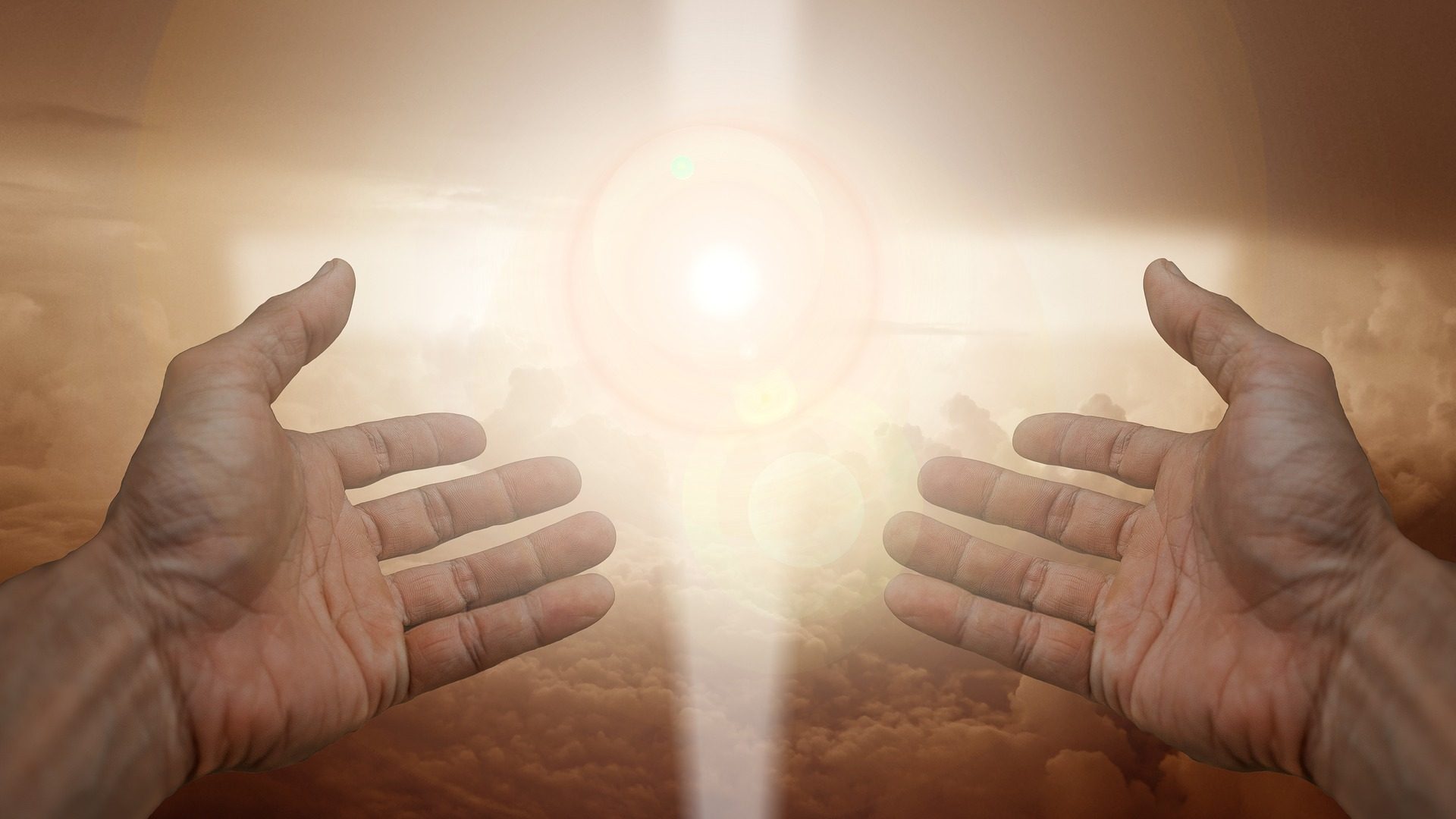Menu


The prominent philosopher, Dallas Willard, had some interesting thoughts on the human soul. He said:
What is running your life at any given moment is your soul. Not external circumstances, or your thoughts, or your intentions, or even your feelings, but your soul. The soul is that aspect of your whole being that correlates, integrates, and enlivens everything going on in the various dimensions of the self. It is the life-center of the human being. It regulates whatever is occurring in each of those dimensions and how they interact with each other and respond to surrounding events in the overall governance of your life. The soul is “deep” in the sense of being basic or foundational and also in the sense that it lies almost totally beyond conscious awareness.
I find these last words to be quite significant, that the soul “lies almost totally beyond conscious awareness.” For this reason I am not sure that people understand the importance of both caring for and properly nurturing the soul. Nor do I think we often recognize the great responsibility we have to guard our souls. As the Apostle Peter challenges us “to abstain from fleshly lusts which wage war against the soul.” (I Peter 2:11)
John Ortberg, in his wonderful book, Soul Keeping, shares a great story about the importance of protecting the soul.
There once was a town high in the Alps that straddled the banks of a beautiful stream. The stream was fed by springs that were as old as the earth and as deep as the sea. The water was clear like crystal. Children laughed and played beside it; swans and geese swam on it. You could see the rocks and the sand and the rainbow trout that swarmed at the bottom of the stream. High in the hills, far beyond anyone’s sight, lived an old man who served as the Keeper of the Springs. He had been hired so long ago that now no one could remember a time when he wasn’t there. He would travel from one spring to another in the hills, removing branches or fallen leaves or debris that might pollute the water. But his work was unseen.
One year the town council decided that they had better things to do with their money. No one supervised the old man anyway. They had roads to repair and taxes to collect and services to offer, and giving money to an unseen stream-cleaner had become a luxury that they could no longer afford. So the old man left his post. High in the mountains, the springs went untended; twigs, branches, and worse muddied the liquid flow. Mud and silt compacted the creek bed; farm wastes turned parts of the stream into stagnant bogs.
For a time no one in the village noticed. But after a while, the water was not the same. It began to look brackish. The swans flew away to live elsewhere. The water no longer had a crisp scent that drew children to play by it. Some people in the town began to grow ill. All noticed the loss of sparkling beauty that fed the town. The life of the village depended on the stream, and the life of the stream depended on the keeper. The city council reconvened, the money was found, and the old man was rehired. After yet another time, the springs were cleaned, the stream was pure, children played again on its banks, illness was replaced by good health, the swans came home, and the village came back to life.
The life of the village depended on the health of the stream.
The stream is your soul. And you are the keeper.
I believe that the best thing a person can do for the health of his soul is to stay close to and connected to Christ, the good shepherd. For we are told that our great tendency is to go astray from Him, go our own way, and eventually end up in the ditch. For this reason, we are reminded “For you were continually straying like sheep, but now you have returned to the Shepherd and Guardian of your souls.” (1 Peter 2:25)
Add grace and understanding to your day with words from Richard E. Simmons III in your inbox. Sign-up for weekly email with the latest blog post, podcast, and quote.

For local orders in the Birmingham, AL area, enter Promo Code LOCAL at checkout to save shipping. We will email you when your order is ready for pickup.
Bulk discounts for 25 or more books! Call 205-789-3471 for prices.